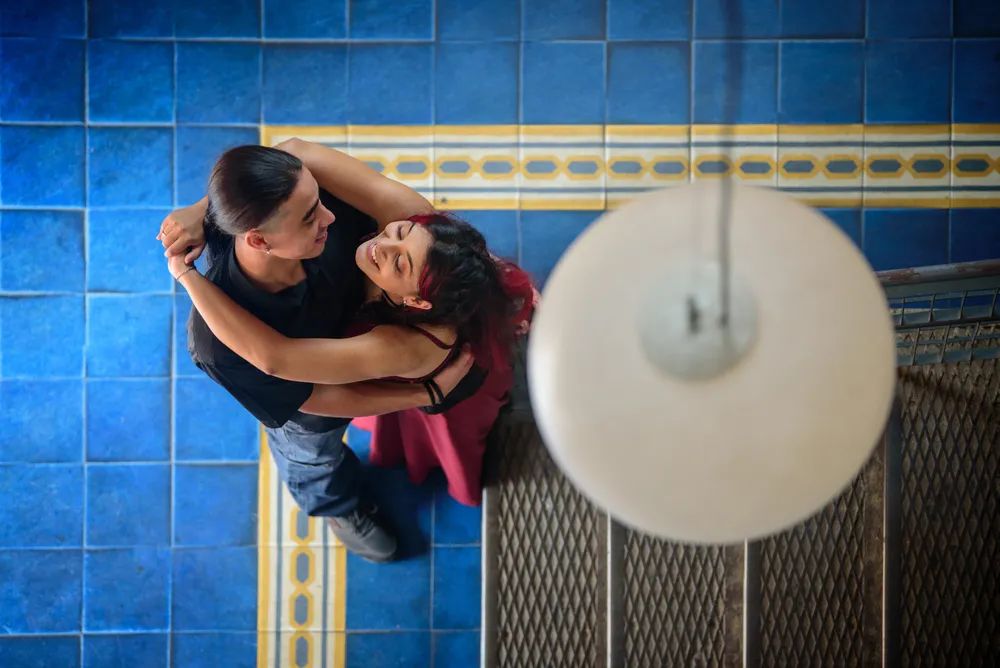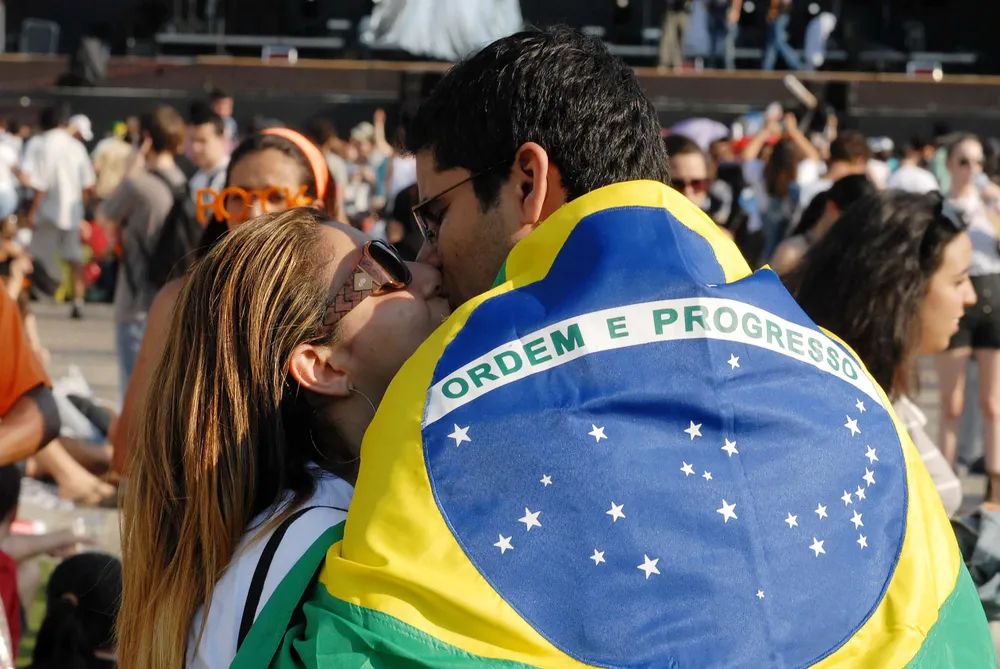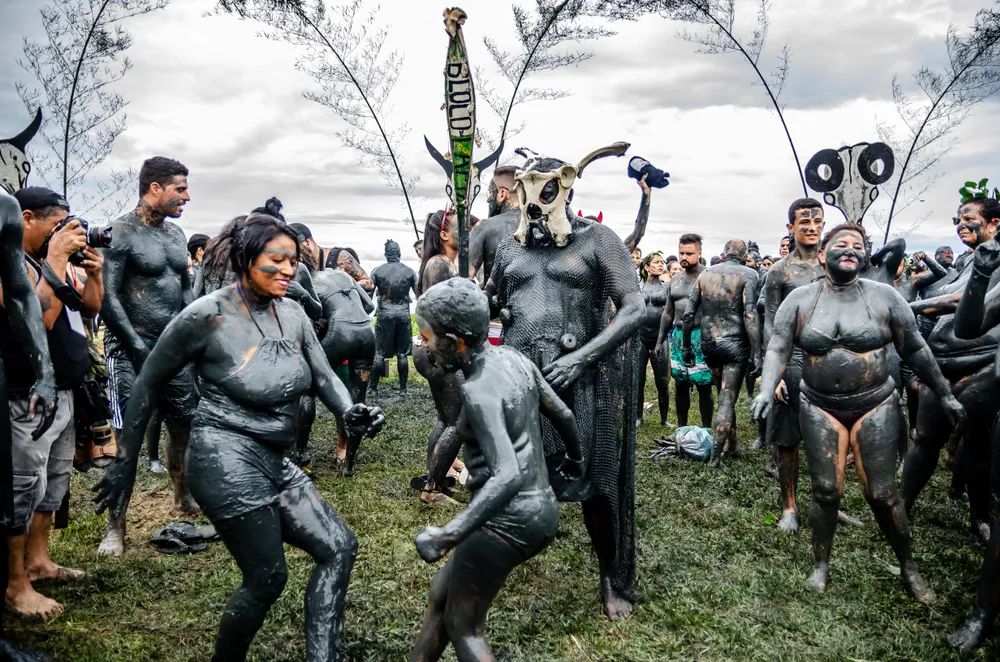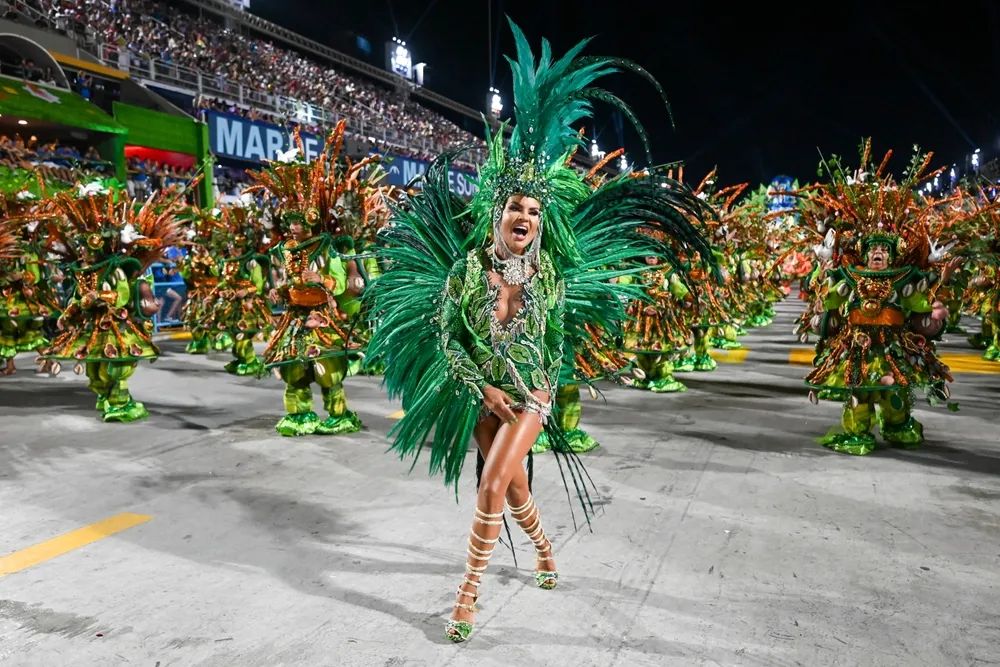Brazil's Endless Festivities: Why Brazilians Celebrate Love on June 12 — and So Much More
Forget Valentine’s Day in February — Brazil has its own romantic tradition, and it’s just the beginning of a year packed with colorful, joyful celebrations.
Part 1: Dia dos Namorados – Brazil’s Unique Valentine’s Day
Every year on June 12, Brazil celebrates Dia dos Namorados, a day for lovers filled with emotion, music, and public displays of affection. But why this date? It falls just before June 13, the feast of Saint Anthony, the patron saint of marriage in Brazil. Known affectionately as the “matchmaker saint,” Saint Anthony is believed to bless couples with happy unions.
Across Brazil, churches hold special masses in his honor. Young people gather to light candles and make heartfelt wishes, asking the saint to send them love. It’s a celebration full of spiritual meaning and romantic hope.
The streets, meanwhile, come alive with kissing marathons, where couples — both young lovers and long-time spouses — show their affection in public. It's joyful, heartwarming, and quintessentially Brazilian: loud, proud, and passionate.
And for singles? Don’t worry — bars and restaurants organize singles’ nights, complete with games, music, and drinks. Many people go out to meet new friends, or maybe even that special someone.
Part 2: Brazil, the Super Bowl of Celebrations
If it feels like Brazil is always celebrating, that’s because it kind of is. The country is famous for its year-round festival calendar that mixes Catholic traditions, African heritage, and pure Brazilian flair.
The most famous is Carnival, held every February. For a week, cities like Rio de Janeiro become giant dance floors, with samba parades, glittering costumes, and millions of people dancing in the streets.
Not far away, the coastal town of Paraty hosts a mud carnival at the same time — yes, a mud festival. People jump into giant pits, paint themselves in mud, and then dive into the sea to rinse off. It’s messy, chaotic fun.
Then there’s Festa de Iemanjá, the Sea Goddess Festival, held every February 2 in Salvador. Dressed in white and blue, crowds bring offerings to Iemanjá — goddess of the sea — placing flowers and gifts in boats and sending them into the ocean.
And don’t forget Dia dos Mortos (Day of the Dead) in November. In cities like São Paulo and Rio, the streets fill with people dressed as zombies, complete with fake blood and eerie makeup — a spooky and thrilling twist on honoring the deceased.
Part 3: The Secret to Brazil’s Festival Lifestyle
So why do Brazilians party so often — and so well?
It comes down to culture. Brazil is a melting pot of global traditions, including Portuguese, African, and Indigenous influences. Many holidays stem from Catholicism, while others were brought by immigrants or born from local customs. Add to that the Brazilian mindset — one that embraces joy, music, and emotional connection — and you get a country that treats celebration as a lifestyle, not an exception.
To Brazilians, life isn’t just about getting through the day. It’s about feeling every moment — and what better way to do that than with a good party?
Part 4: Work Hard, Celebrate Harder — Brazilian Time Management at Its Best
If you’re wondering how anyone gets anything done in the land of endless holidays, the answer is simple: balance.
Brazilian labor laws grant 30 days of paid vacation, plus over a dozen public holidays each year. That means Brazilians know how to work hard — but they also know how to enjoy life.
They are masters of time management, switching between productivity and relaxation with ease. When it’s time to work, they focus. When it’s time to party — they dance, sing, love, and live.
Final Thoughts
Brazilian culture is like a vibrant cocktail — part romantic, part wild, and always unforgettable. From Dia dos Namorados to Carnival, from spiritual rituals to muddy madness, Brazil proves that celebrating life is a celebration in itself.
Whether you’re in love, single, or just love a good party, there’s always a reason to smile in Brazil.
Categories: travel




